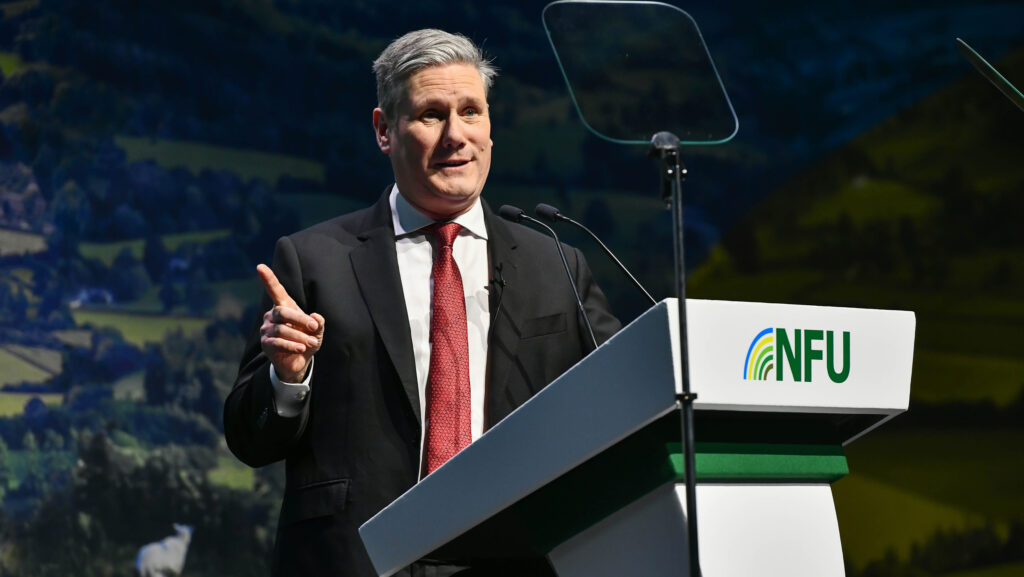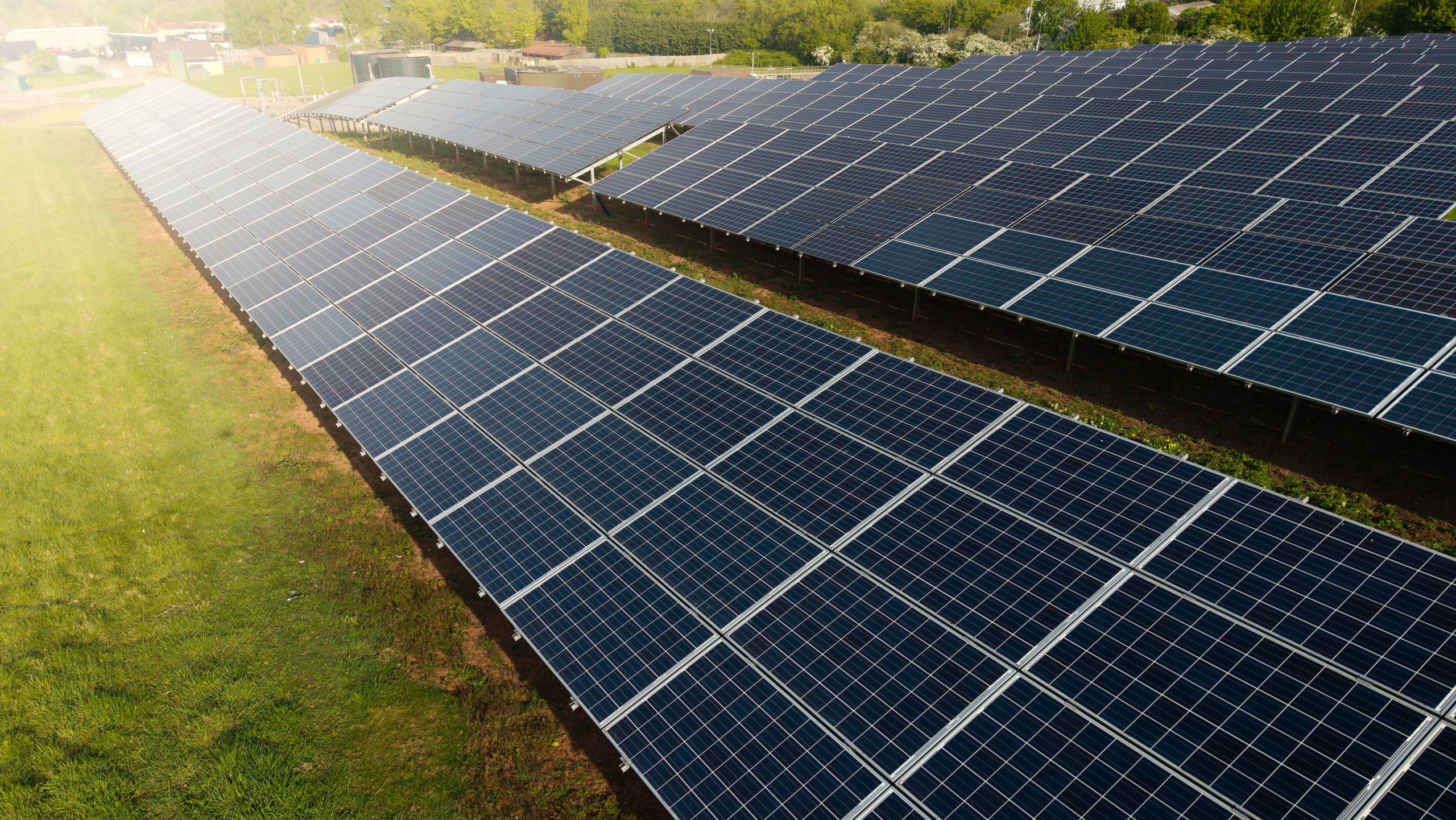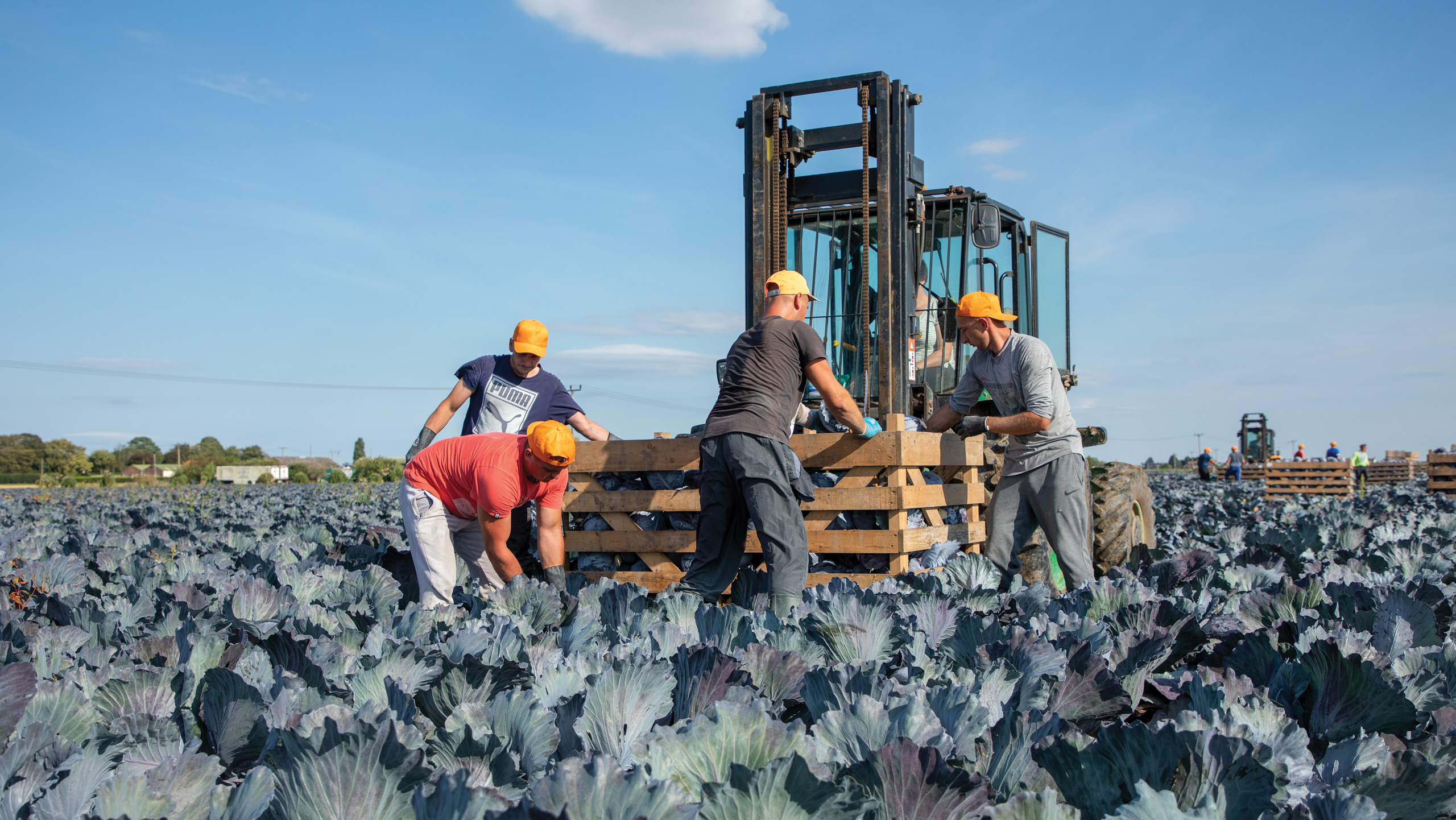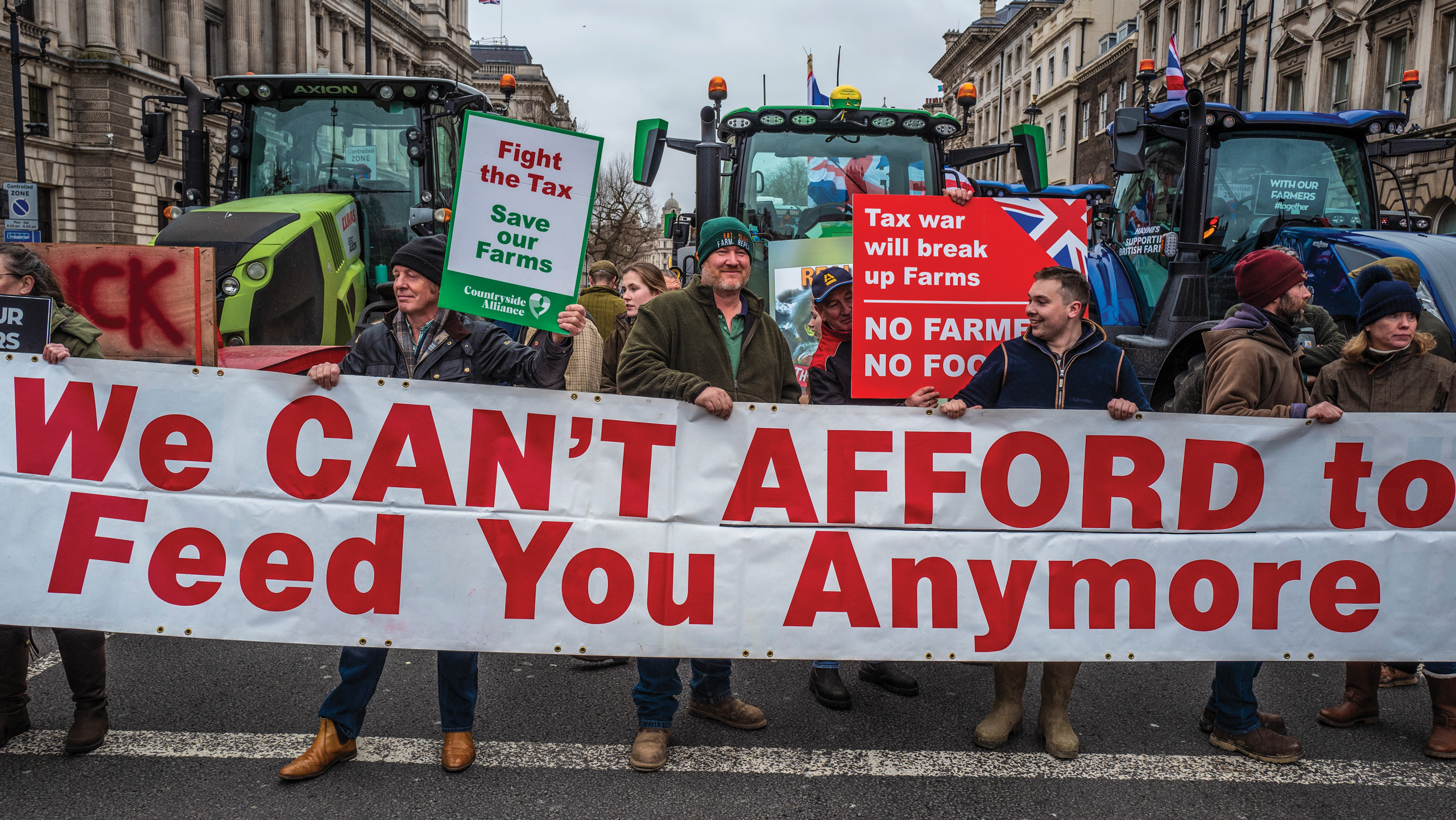Analysis: Starmer’s farming promises: What has been delivered?
 © NFU
© NFU Since Labour swept to power in July 2024, government ministers have often pointed to prime minister Sir Keir Starmer’s speech to the NFU Conference in February 2023 as a blueprint.
That speech rang with big promises:
- more urgency on bovine TB;
- sustainable food production as a central pillar;
- farm businesses shielded from policy upheaval;
- tenant farmers given more security;
- public sector food procurement to favour home-grown produce;
- trade deals that protect standards; easing labour shortages;
- and protection for family farms.
See also: Labour accused of bypassing parliament to embed US trade deal
A review of the Labour government’s performance so far shows progress in certain areas, but shortfalls in others.
Below, Farmers Weekly analyses and rates progress on 10 key pledges.
1. Bovine TB strategy shifts, questions remain
Sir Keir: “It’s nearly 15 years since the threat of bovine TB escalated sharply across the countryside.
“Are we really saying an active government, a government with purpose couldn’t do better than that?”
The Labour government is developing a new bovine TB strategy aiming for eradication in England by 2038, shifting from badger culling to vaccination, better testing tools, and greater on-farm biosecurity.
Culling is set to end by 2029, with a “Badger vaccinator field force” launching next year.
While cattle vaccine trials continue, experts say commercial rollout may not happen before 2029 and warn urgency and funding must increase.
The NFU fears abandoning culling early could undo more than a decade of disease control efforts.
FW score: 6/10
2. Sustainable food production and farming as a business
Sir Keir: “We can’t lose sight of food production. We can’t lose sight of farming as a business.
“We need that contribution and we need sustainable food production – and Labour will work with you to get both.”
The government has made notable strides in supporting sustainable food production, allocating £150m-plus in the most recent round of capital grants to more than 8,000 English farmers, and committing £274m to foster agricultural innovation.
The latest round of the Farming Equipment and Technology Fund saw record demand, reflecting strong farmer interest in productivity and welfare improvements.
Defra plans to increase Environmental Land Management funding from £800m in 2023-24 to £2bn by 2028-29, with a total £11.8bn investment in sustainable farming this parliament.
FW score: 6/10
3. SFI delays frustrate farmers
Sir Keir: “Rolling these schemes out well is the difference between viable farming businesses and abandoned farms.
“We can’t have underspends in the money. We can’t have farmers struggling while they wait for the right SFI standards to be announced.”
Since Labour took office in July 2024, the rollout of Environmental Land Management (ELM) schemes, including the Sustainable Farming Incentive (SFI), has faced major delays.
In March 2025, Defra paused new SFI applications after the £1.05bn budget cap in 2024-25 and 2025-26 was fully committed, frustrating farmers and drawing criticism from the NFU.
Farmers are still waiting for details on the scheme’s structure and reopening timeline.
In addition, nearly 6,000 farmers leaving Countryside Stewardship lack alternatives, putting their cashflow and environmental commitments at risk.
However, Defra reports better fund distribution than under the last government, with the £2.6bn for 2024-25 fully spent.
FW score: 4/10
4. Defra farming budget secured
Sir Keir: “What I heard on the farm this morning is the same as I hear from businesses across the country – the need for certainty, for stability and for a long-term strategy.”
Labour has secured an £11.8bn Defra budget for this parliament, hailed as the largest sustained investment in farming and environmental schemes to date.
The Treasury has committed to an average of £2.7bn annually from 2026 to 2029 for sustainable farming and food security.
English farmers have welcomed the clarity, yet many note that, after adjusting for inflation, this still falls about 40% short of former EU CAP funding levels.
Meanwhile, farmers have criticised Defra’s 25-year Farming Roadmap for prioritising long-term goals over urgent, short-term needs.
FW score: 6/10

© Adobe Stock
5. Tenant farmers displaced by solar
Sir Keir: “We’ve got high hopes for solar energy in our Green Prosperity plan. But we can’t do it by taking advantage of tenant farmers, farmers producing good British food on carefully maintained, fertile land.
“They cannot plan properly if the soil beneath their feet is not secure.”
The prime minister pledged not to sacrifice tenant farmers for solar schemes, yet just months into office, several now face exactly that.
On the Dalton Estate in East Yorkshire, at least eight tenant farms face eviction for a Danish-backed solar project.
In Norfolk, tenant farmer Nicholas Waller-Barrett risks losing half his land after the planning inspectorate overturned the local council’s refusal of a 35ha solar farm.
And in North Yorkshire, Rob and Emma Sturdy are losing nearly half their 113ha tenanted farm, without compensation.
These cases expose a growing gap between Labour’s promises and its actions, and highlight the urgent need to reform tenant farmer protections.
FW score: 3/10
6. Local food pledge stalls
Sir Keir: “The next Labour government will commit to this: 50% procurement of all food purchased by the public sector will be food that is locally produced and sustainable.”
Labour has committed to a 50% target for public sector food procurement to focus on locally produced, sustainable food.
But a recent Countryside Alliance investigation has found UK government departments and councils lack policies or data on sourcing British food, with only one department and 12% of councils able to provide relevant information.
FW score: 3/10
7. Trade policy reform and protecting standards
Sir Keir: “We want to remove barriers to exporters, not put them up. Protect high British standards, not water them down.”
Since taking office, Labour has pledged to uphold UK food standards and high animal welfare in its trade strategy. However, critics argue this commitment is weakened by trade deals with the US and India that risk undercutting British producers.
The UK-US “prosperity deal” removed tariffs on 1.4bn litres of US ethanol – equivalent to the entire UK market – putting bioethanol plants Ensus, and Vivergo (now closed), under severe pressure.
While a new UK-EU sanitary and phytosanitary (SPS) deal promises reduced checks and red tape, negotiations remain in the early stages.
FW score: 4/10

© GNP
8. Labour extends farmworker scheme
Sir Keir: “I know the seasonal nature of farmwork makes it unique and that the seasonal worker route is a distinctive solution to a distinctive challenge. We will be pragmatic on that as well.”
The Labour government has extended the Seasonal Worker scheme to 2029, a move welcomed by the NFU as “a huge relief” for the sector.
However, tight quotas, short visas, and rising labour costs – from a higher national living wage and increased employer national insurance contributions – continue to challenge farm businesses.
While investment in agri-tech shows promise, many farms still struggle to recruit enough skilled or returning workers.
FW score: 6/10

© Phil Weedon
9. Inheritance tax threatens family farms
Sir Keir: “Losing a farm is not like losing any other business – it can’t come back.”
Despite this bold declaration, just months after coming into office, chancellor Rachel Reeves dropped a political time bomb in the Autumn Budget – a 20% inheritance tax on agricultural assets worth more than £1m, set for April 2026.
The NFU, Country Land and Business Association, and Tenant Farmers Association warn it could wipe out generational farms. Before the election, Labour promised no inheritance tax on farms – they betrayed farmers.
FW score: 2/10
10. Rural crime remains a threat
Sir Keir: “Let me tell you one thing I won’t accept – that rural communities should be blighted by crime that routinely goes unpunished… We’ll get 13,000 more police into our towns and villages. More police on the countryside streets.”
While Labour’s pledge to add 13,000 more police officers promised greater protection for rural communities, there have been delays and resource strains.
Latest figures from NFU Mutual estimate that rural crime in the UK cost £44.1m in 2024, down 16.5% year-on-year.
Some types of crime remain high: livestock theft cost £3.4m in 2024; quad bike/ATV thefts about £2.7m; and animal injury/killing from dog attacks £1.8m.
Although costs have dropped, slow police responses and low prosecution rates are still widely reported.
FW score: 6/10
Conclusion
More than a year into Labour’s government, progress on farming policy has been mixed.
Notable advances have been made in areas such as the bovine TB strategy, seasonal labour provisions, and tenant reforms.
However, several key pledges, including the protection of family farms, achieving 50% public procurement of British food, and boosting rural policing, are either still in the early stages of implementation or face ongoing challenges.
For many farmers, Labour’s election promise of “change” rings hollow.
What the government says
The UK government says its commitment to building a profitable, sustainable farming sector is “steadfast”, investing a record £11.8bn this parliament.
It is cutting red tape to boost exports, extending the Seasonal Worker scheme, backing British produce in public contracts, and protecting farmers in trade deals.
Former NFU president Baroness Minette Batters has also been appointed to recommend reforms to boost farmers’ profits, supporting long-term growth and food security.
